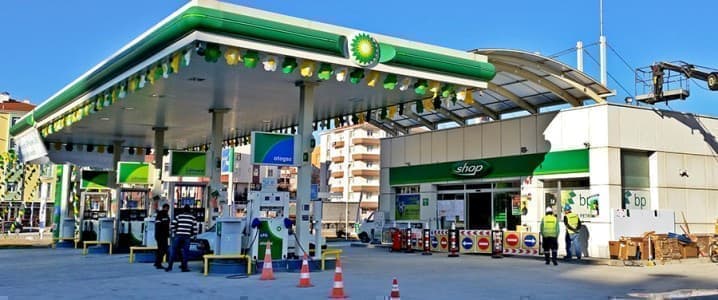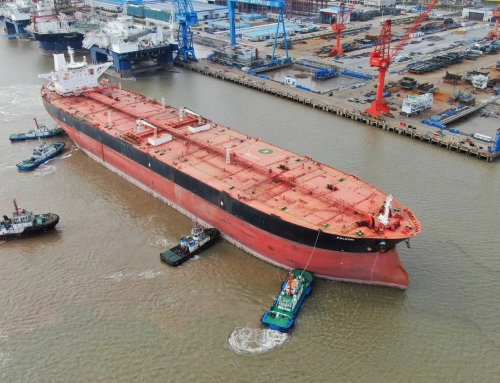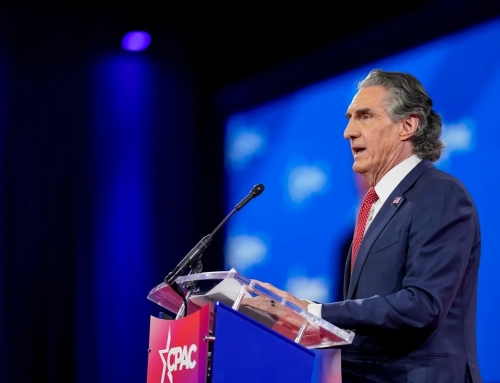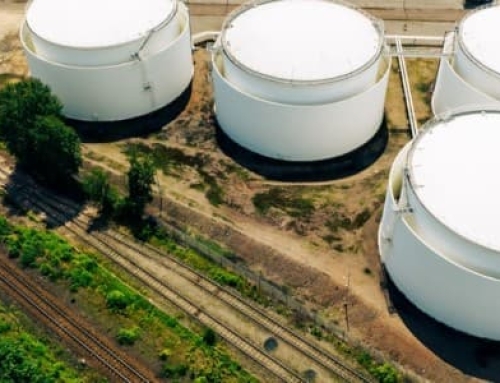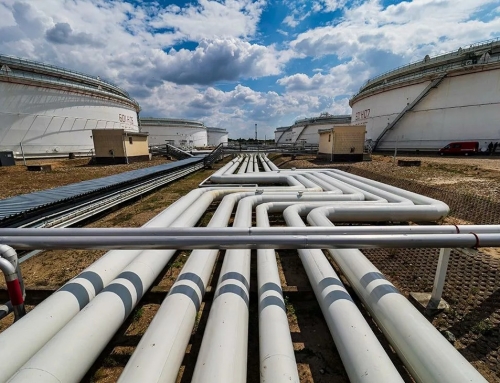- BP has reversed its commitment to cut oil and gas production by 40% by 2030.
- The energy transition remains challenged by economic realities, prompting BP and other major oil companies to scale down transition plans.
- BP’s pivot, along with similar moves from other oil majors, highlights the industry’s continued reliance on hydrocarbon.
In February 2020, then-brand-new chief executive Bernard Looney told the world that one of the oldest and biggest oil companies in the world was going to become a net-zero company by 2050. To achieve this, it would slash its oil and gas production by 40% by 2030.
Four years and one major crisis later, BP is abandoning not only the original production cut target of 40%, but also a revised, lower target of 25%. BP, in other words, is returning to its roots. And commodity investors who are not paying attention should be—and so are transition investors.
“This will certainly be a challenge, but also a tremendous opportunity. It is clear to me, and to our stakeholders, that for BP to play our part and serve our purpose, we have to change. And we want to change – this is the right thing for the world and for BP,” Bernard Looney said back in 2020 when he announced the company’s new course.
